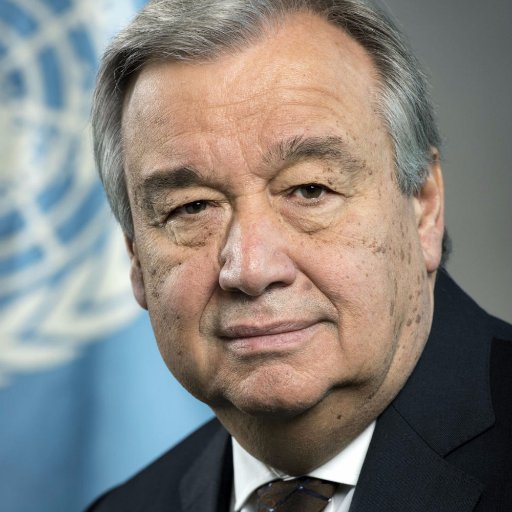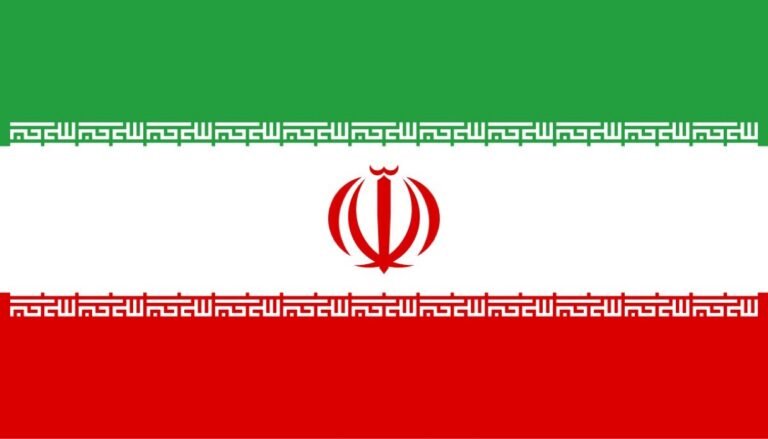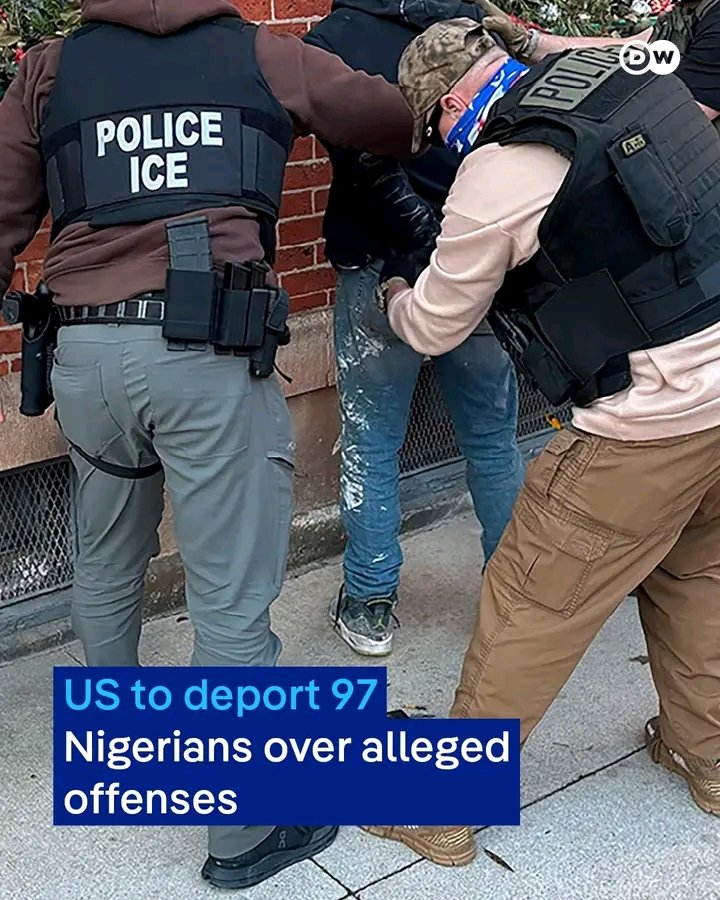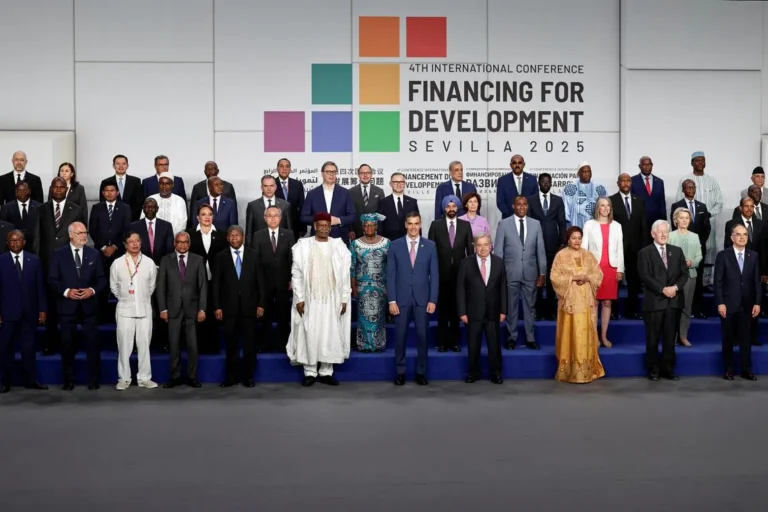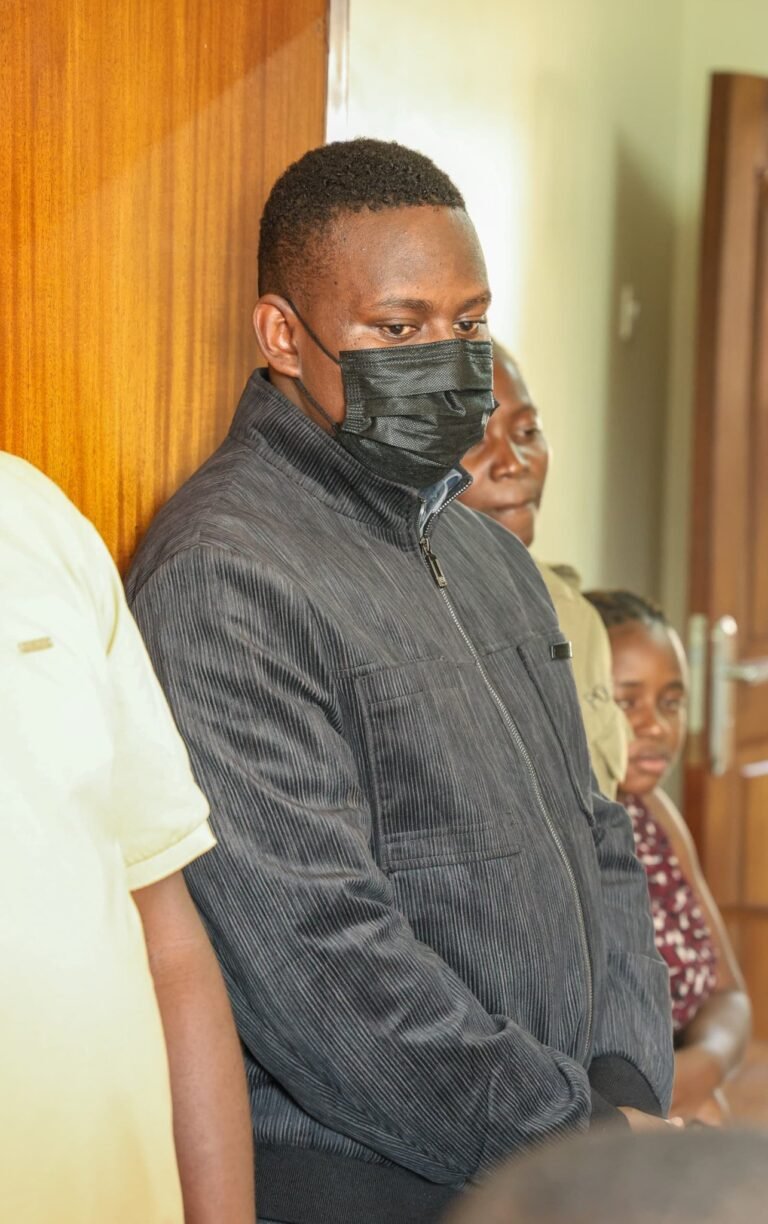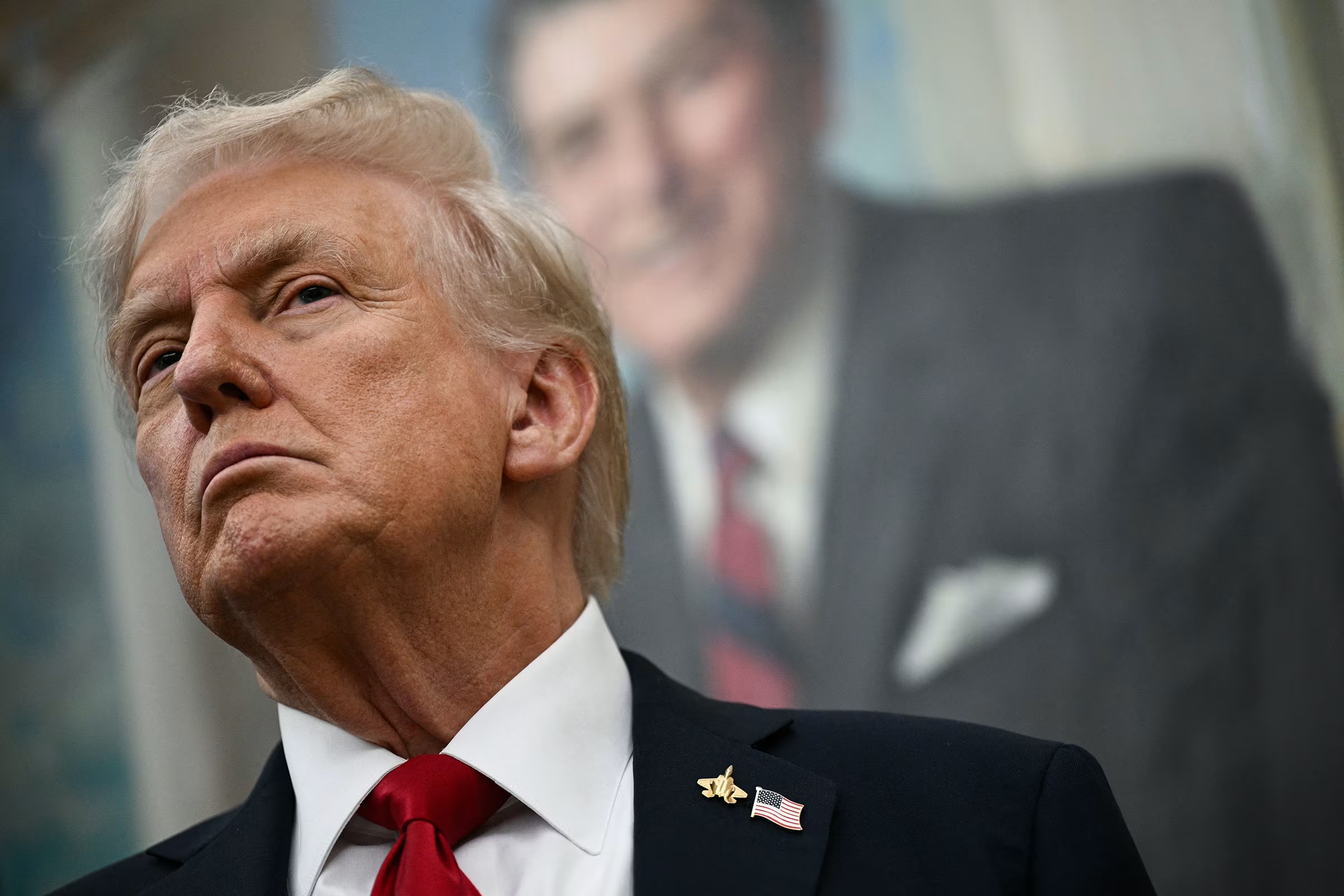
WASHINGTON — President Donald Trump has signed an executive order committing the United States to guarantee the security of Qatar, a significant pledge to a wealthy, non-NATO Arab ally that hosts a major U.S. military hub.
The order, dated Monday, states that the U.S. will treat any armed attack on Qatar’s territory, sovereignty, or critical infrastructure as a “threat to the peace and security of the United States.”
“In the event of such an attack, the United States shall take all lawful and appropriate measures — including diplomatic, economic, and, if necessary, military — to defend the interests of the United States and of the State of Qatar and to restore peace and stability,” the document reads.
The move marks a major diplomatic achievement for Qatar, which, like its Gulf neighbors Saudi Arabia and the United Arab Emirates, has long sought a more explicit and robust U.S. security guarantee. The Biden administration formally designated Qatar as a major non-NATO ally in 2022, granting it privileged access to military and defense cooperation.
The security relationship between the two nations is already deep, anchored by the Al Udeid Air Base, one of the largest U.S. military installations in the Middle East.
The executive order comes amid a flurry of Middle East diplomacy at the White House. On Monday, Israeli Prime Minister Benjamin Netanyahu, during a visit, apologized by phone to the Qatari prime minister for an Israeli strike in Doha the previous month.
President Trump also presented a new 20-point plan for peace in Gaza during a joint appearance with Netanyahu. Notably, this version, unlike a previous draft shared with Arab leaders, does not specifically state that Israel will not attack Qatar.
Earlier this year, during a tour of the region, Trump publicly pledged to “protect” Qatar. That promise coincided with announcements of nearly $3 trillion in economic commitments from Qatar and other Gulf states. Since that tour, Qatar has faced two attacks, one from Iran and another from Israel.
The new executive order solidifies that verbal promise into a formal U.S. policy, granting Doha a level of security assurance that other Gulf allies have sought but not yet secured.

